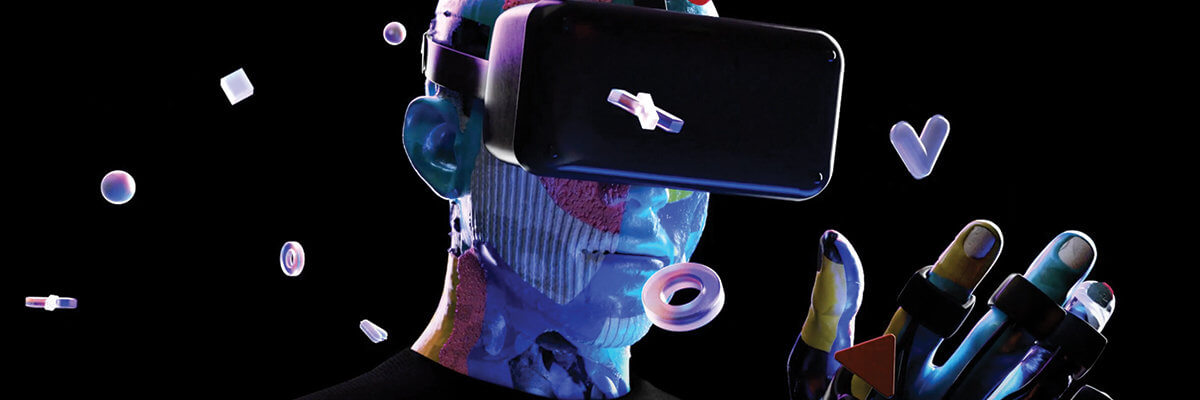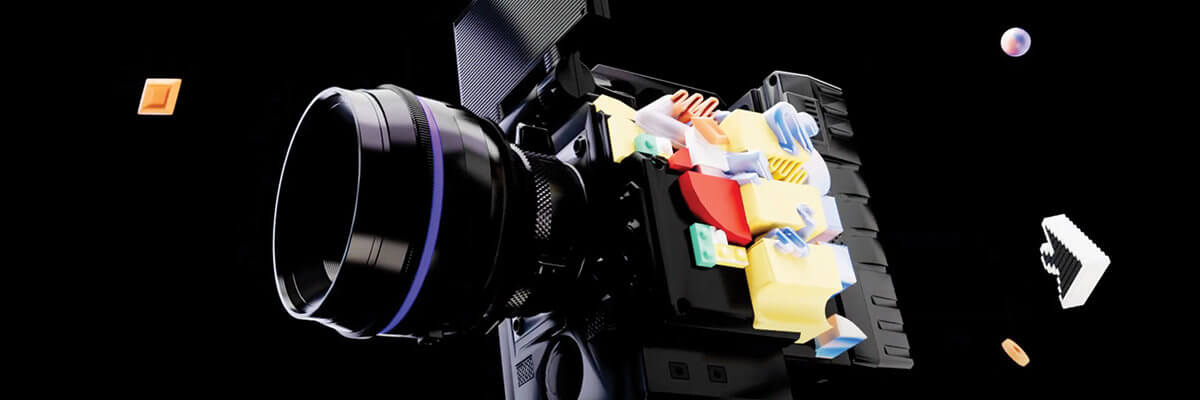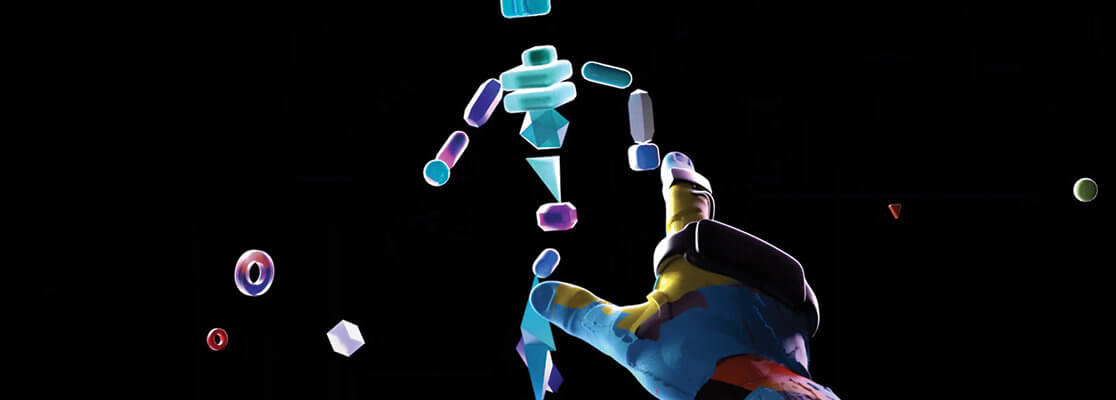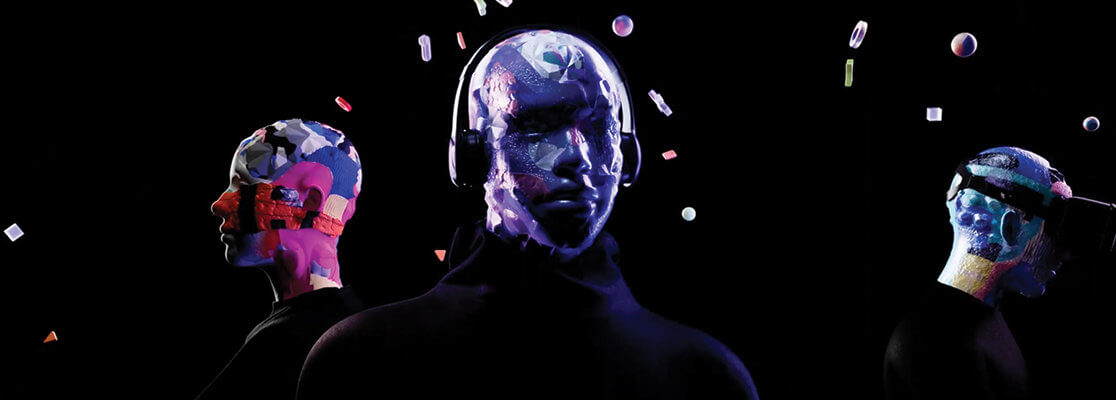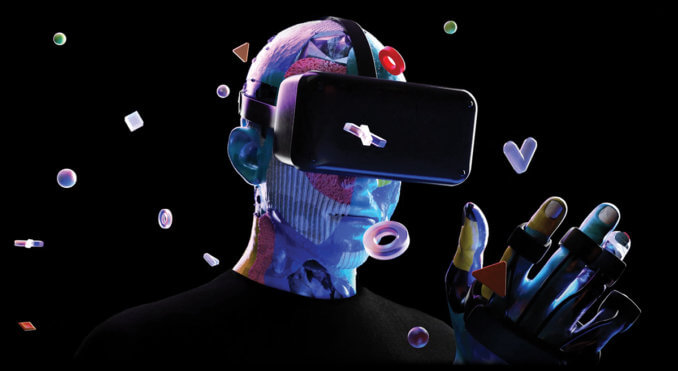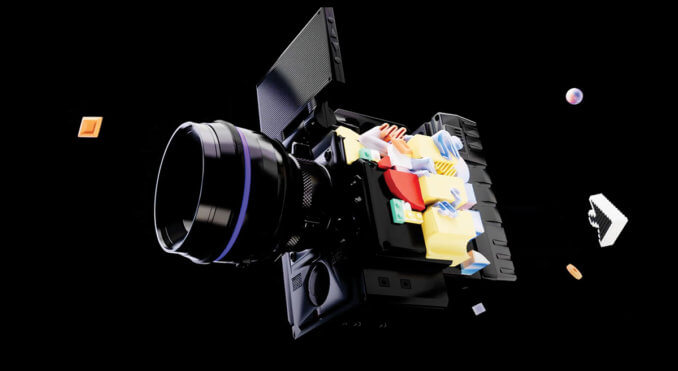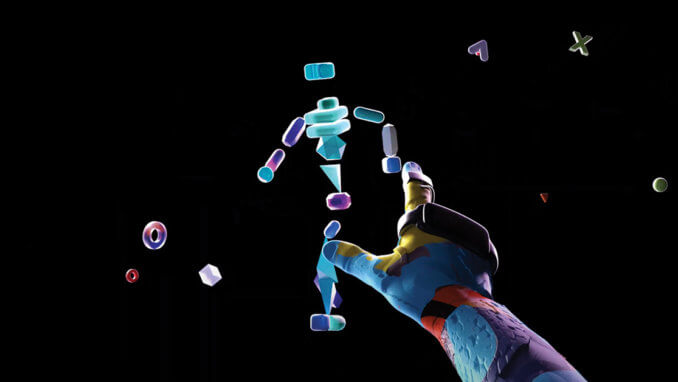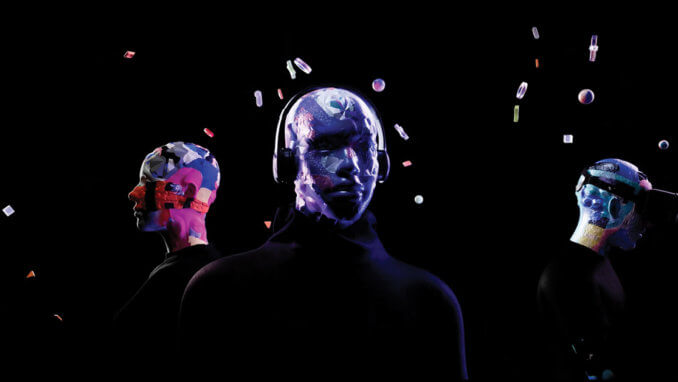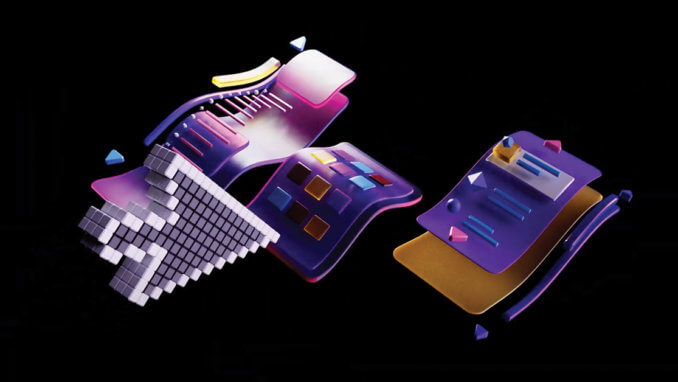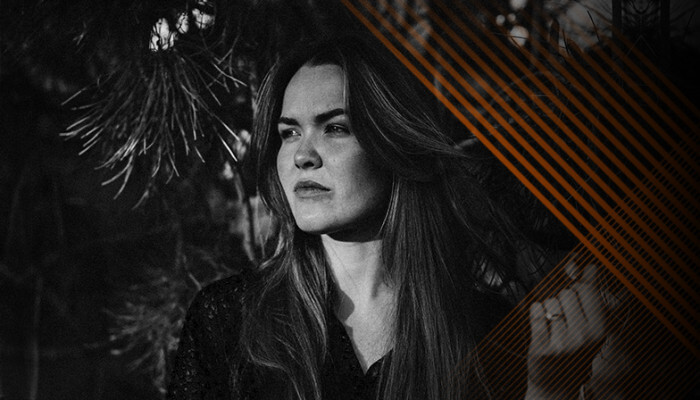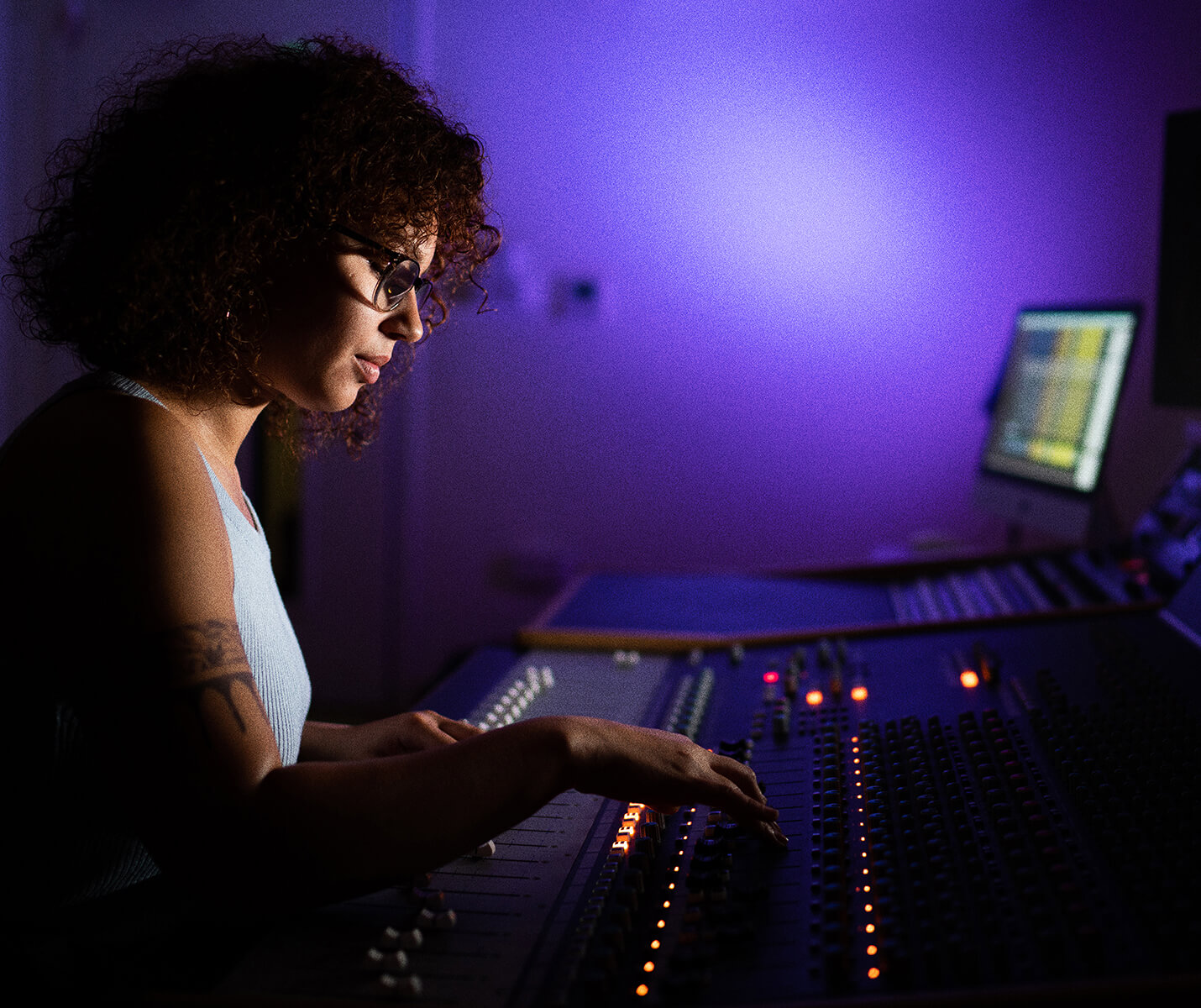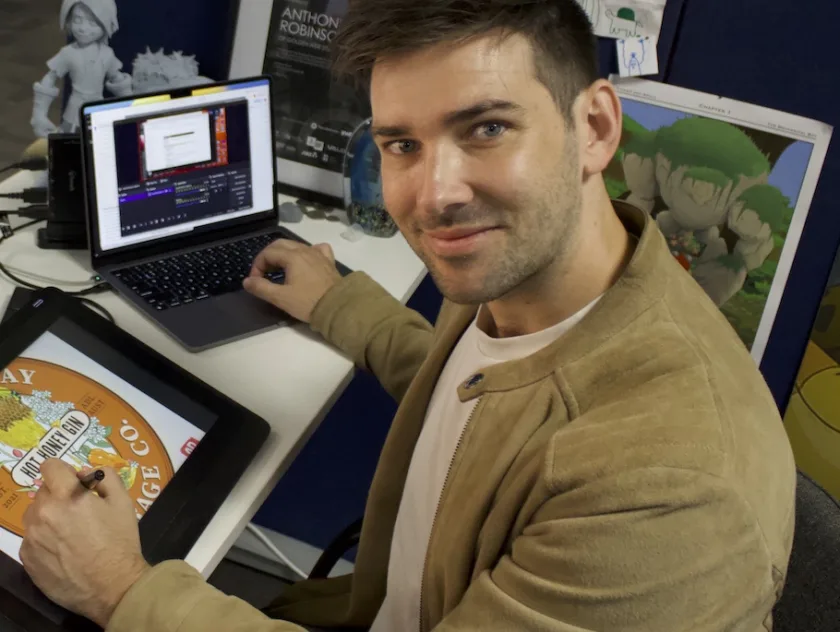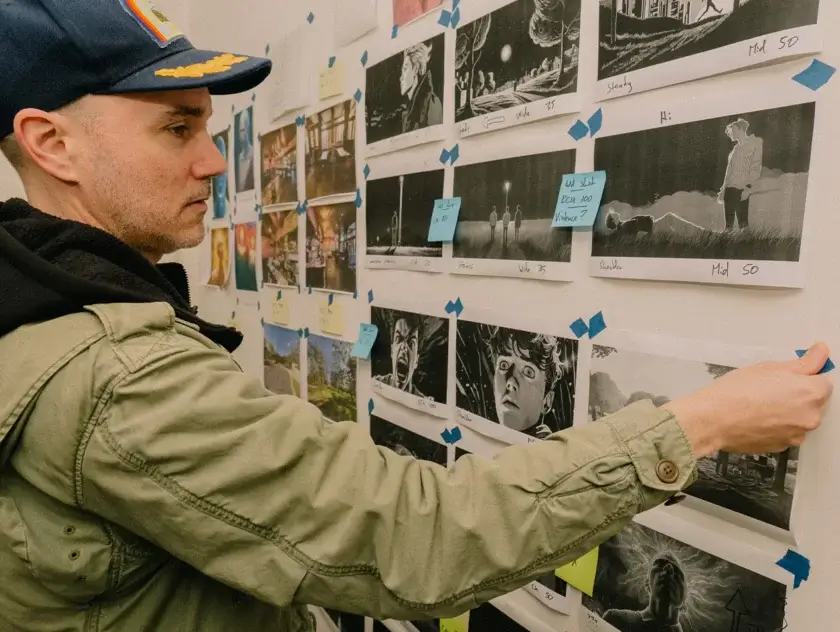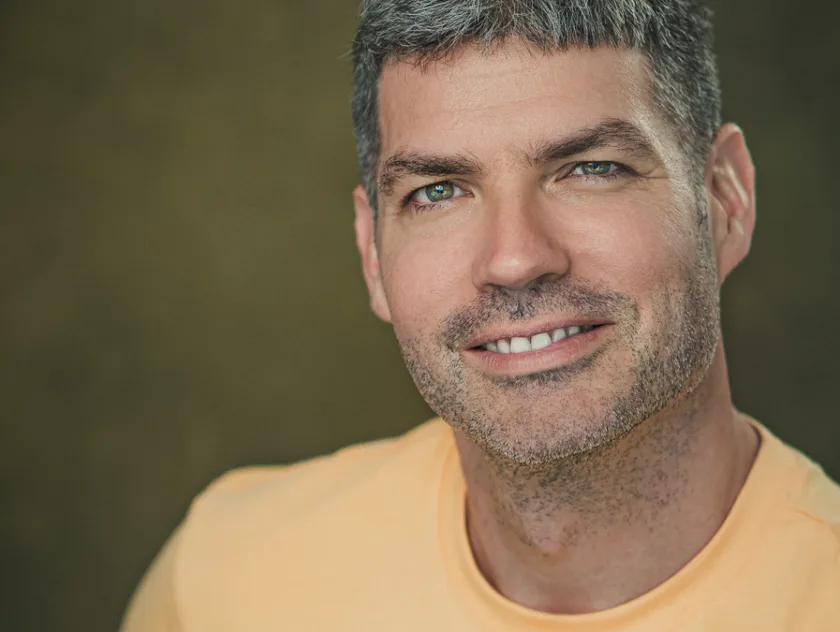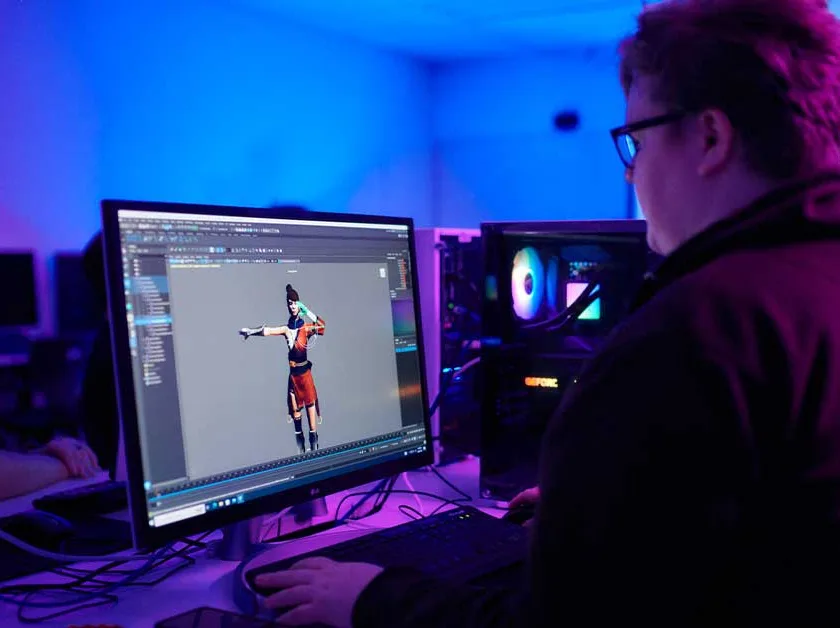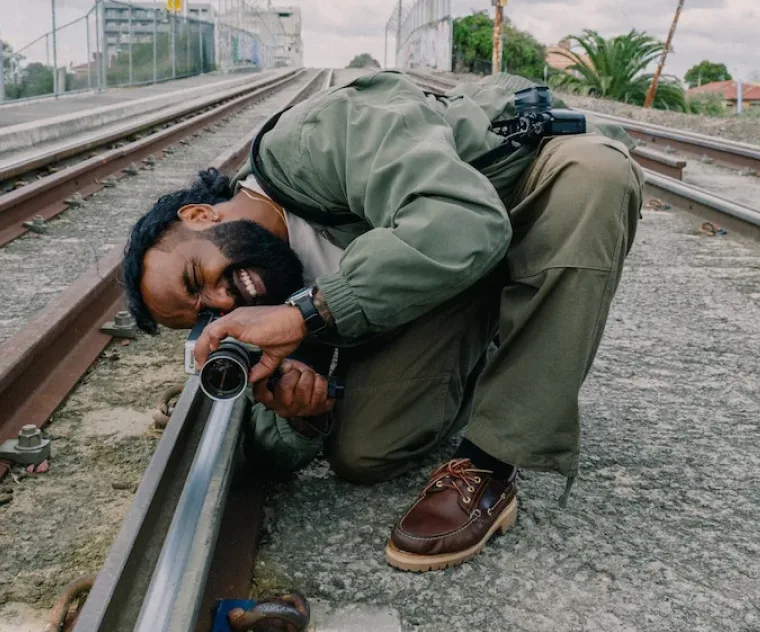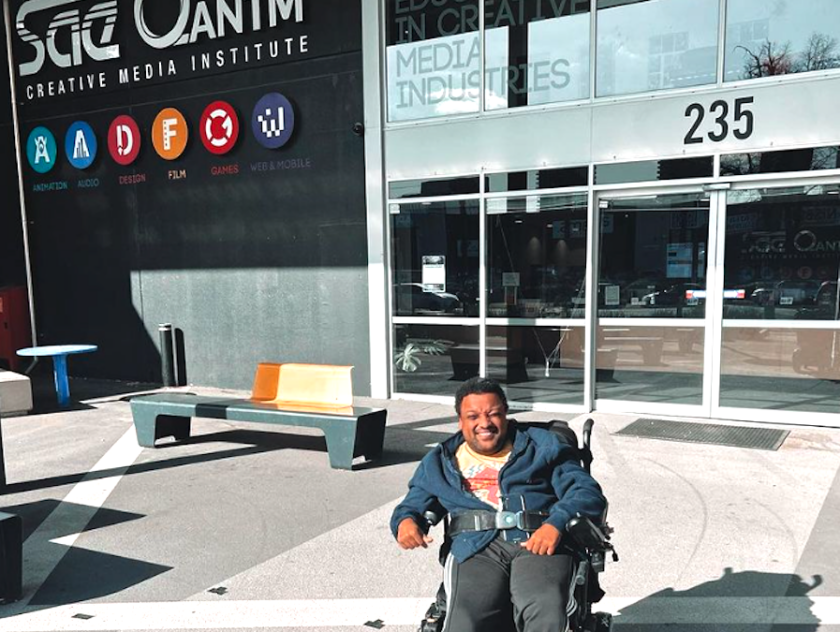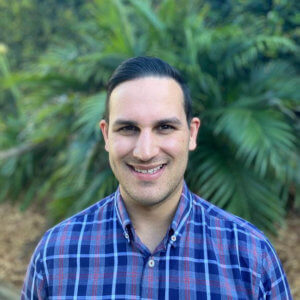
Chelsea Cullen is a 2020 ARIA award-winner, singer, songwriter, producer, performer, vocal coach – and the voice behind the Helen Reddy biopic, I Am Woman. The SAE graduate spoke with us about her experiences, challenges and achievements and will share more at a free Industry Insight session at SAE’s Perth campus on Tuesday, April 20.
Hi Chelsea, how long have you been songwriting?
The first song I wrote was when I was around 10 years old. My sister and I had a great music teacher at our school, and he was always encouraging us to be creative and write our own songs. He ended up recording a song for us and that’s how I fell in love with the process of songwriting and music production. In High School, I used GarageBand to produce my songs, and then I went on to study songwriting and production as well as for a Diploma of Audio Production at SAE, where I had such a great time.
Who were your musical influences growing up?
They were a mix of pop, R&B, and some alternative artists. My Dad also sang and played a bit of saxophone, so that was also a big influence, as we’d go to a lot of gigs around Perth. My three younger sisters and I would harmonise and sing around the house non-stop! I loved Feist, and a French artist called Camille. I didn’t know how to speak French or what the words meant, but I learnt all of her songs off by heart. She’s still one of my favourites.
The biggest influence on me was probably Beyonce and Destiny’s Child. They were massive when I was growing up. The first tape I bought was by Destiny’s Child – I used to listen to it over and over again – I loved it.
Bob Dylan said when you write songs “you want to say something about strange things that have happened to you”. Where do you find and draw inspiration?
I rarely come up with a theme of what I want to write about. I might have a cool line that stands out from a whole lot of mumbling, and I’ll then find a way to make a song workaround that line, and it flows from there. Sometimes I’ll look back at old songs and reflect on what I was going through at that time, which may lead to a new perspective and source of inspiration for me.
Other times, my songwriting is inspired by my own observations of the world – looking at people and their experiences and interpreting what that is. I also do a lot of songwriting with my husband, Sam Wylde Ð we have been writing together for 10 years now! I draw a lot of my inspiration from the process we have created of producing a song, and it’s a different journey every time.
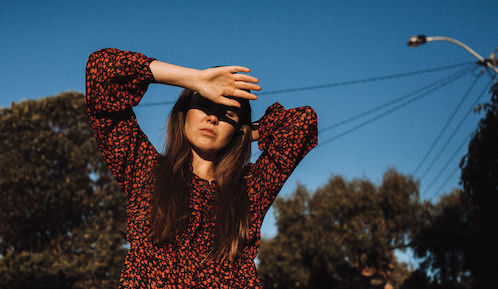
Do you have any techniques or hacks like David Bowie’s ‘Cut-Up’ method?
I have taught singing and songwriting for some time and I’ve tried to come up with a method where it’s all very structured, for example: the verse has to be four lines and then it has to go to a chorus, and it has to rhyme. Now I encourage people to break out of the norms of songwriting and just jam Ð literally just sing whatever melody and words flow out from them in that moment. It’s extremely therapeutic as well.
Sometimes I’ll come up with some simple chords on piano, and then get the student to add to it with whatever comes to mind. To me that is so much harder than structured songwriting, because you don’t know what’s going to come out and you really have to let go and trust yourself. If you want to write a specific pop song you may wish to structure your songwriting differently. However, if you’ve never written a song before or you’ve got a creative block, improvising is a great way to begin the process.
Is there anything you do to help get into a state of flow?
I try not to be too busy. A lot of people, myself included, don’t create the opportunity and time to reflect. It may sound strange, but some of my favourite songs I’ve written have been born out of boredom. When I’m stressed out, I find it a lot harder to write. There are some who thrive in those stressful environments, like on tour, and write incredible songs, but for me, I need a calm environment. I get a huge writer’s block when I’m busy and I’m not in tune with my body.
It doesn’t take anything fancy to help me get into a flow. Usually, after I’ve had a coffee or a little holiday; that’s where my creativity comes from. I believe looking after yourself is a key part of the creative process.
How do you know when to stop, and avoid a song being overcooked?
That is so hard and one of the biggest struggles. I think that’s because a lot of people are writing and producing their own music now. It’s kind of like a relationship where you have the honeymoon period with the song where you’re excited about how it’s sounding, and then you produce it in the studio or at home and then you’re listening to it a billion times. In your head, you may think the song needs more, and it then can become extremely complex and draw you into this all-absorbing negative spiral.
That’s when it’s important to have a community and other artists you can tap into, where they can be honest and give you feedback. I think it’s hard to make a song entirely by yourself. Some people are able to do it, but I find it’s valuable to have someone who can mix the song and another person who masters it. It’s then being influenced by other people that you trust or who are experts in those fields. I have hundreds of songs that have never been heard. We all have this fear of shame, as songwriting is such a vulnerable thing. It is a courageous process!
With those songs you’ve never released, have you gone to the extent of recording them?
I don’t record every single song. Sometimes they just stay on my phone voice memos and never eventuate to being produced. I’m currently working on three songs that I have written, and Sam, my husband, and I are producing. The vocals are the hardest part for me, as I can be very hard on myself. I spend a lot of time on vocals. Some people don’t know this, but when I did the film, I Am Woman, I had to really work to change my voice – like “method acting” to suit both the actress and Helen Reddy’s voice. I had Helen Reddy inside my head for months before I was able to sing with my natural voice again.
You won an ARIA for it, so it must have been worth it.
Exactly right. No pain, no gain!

